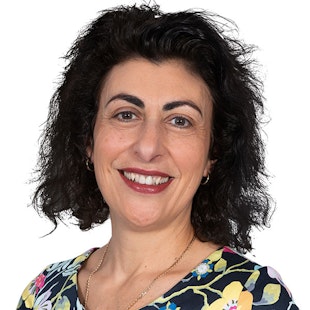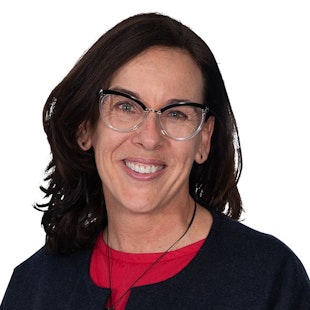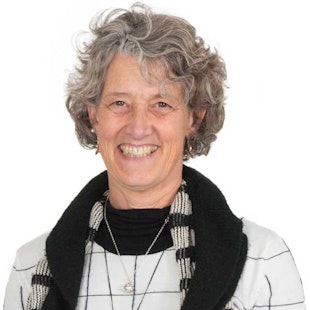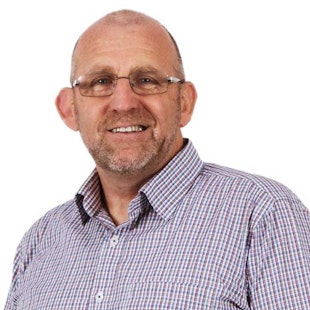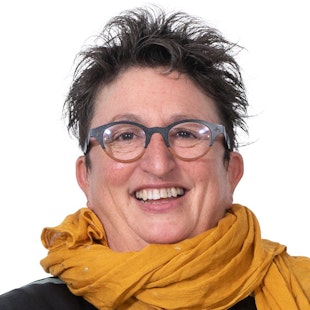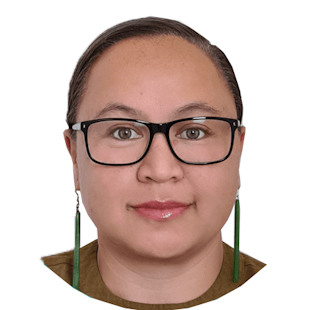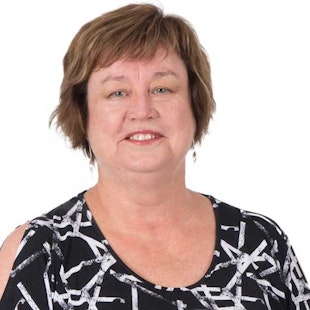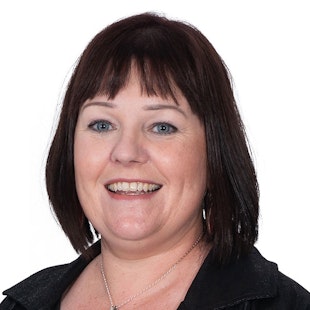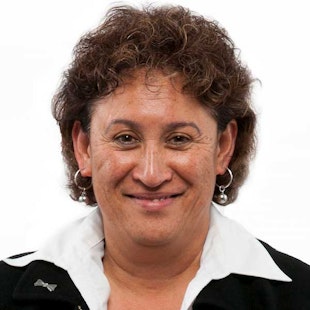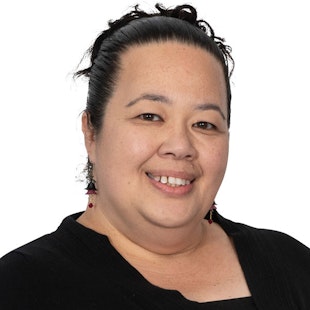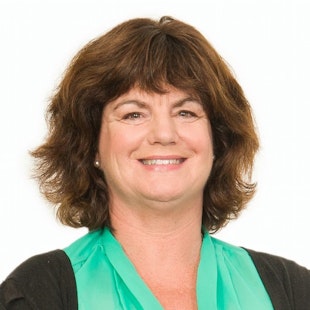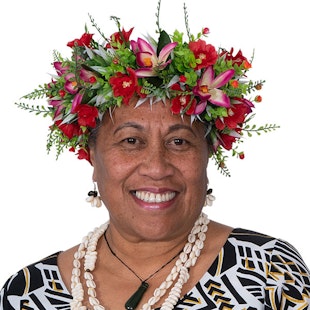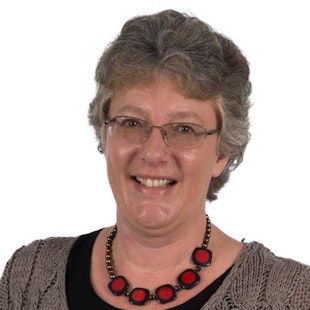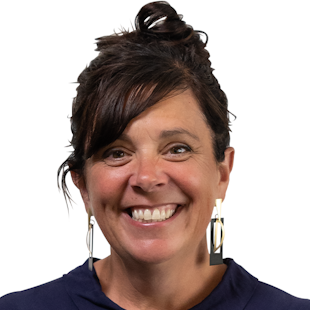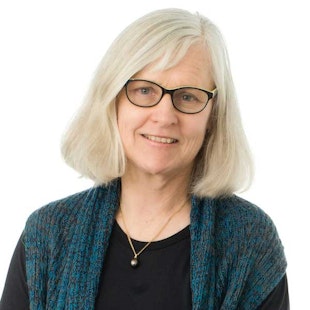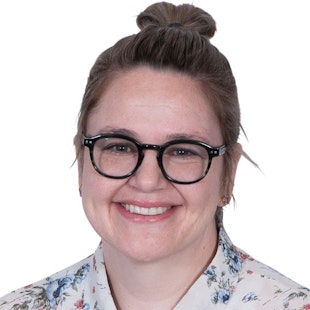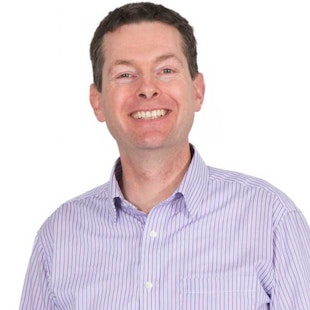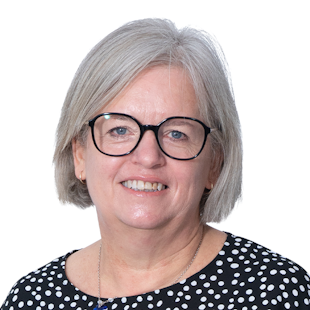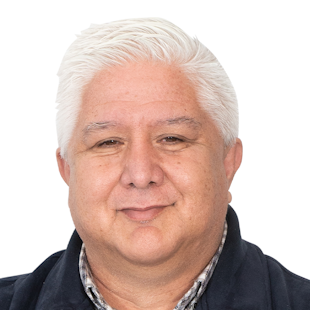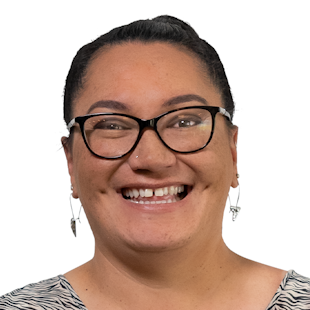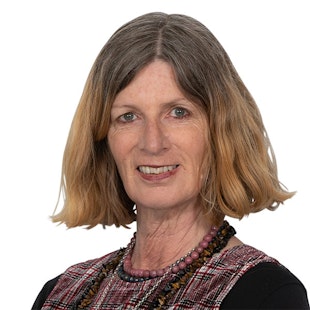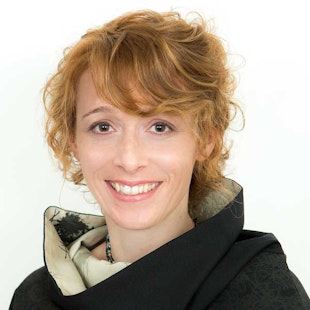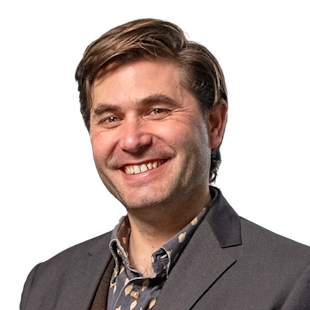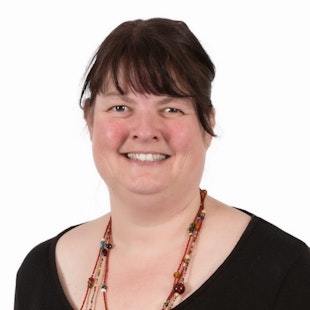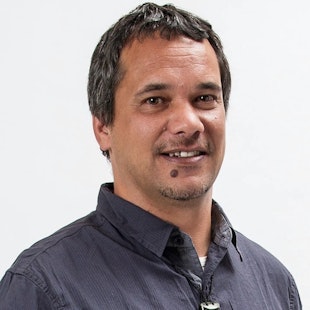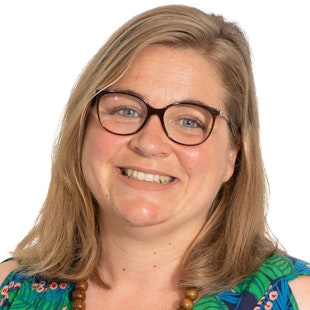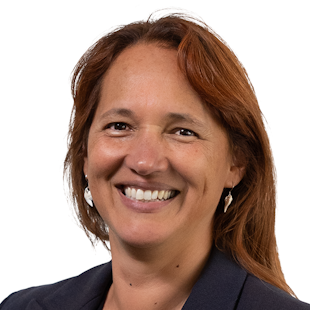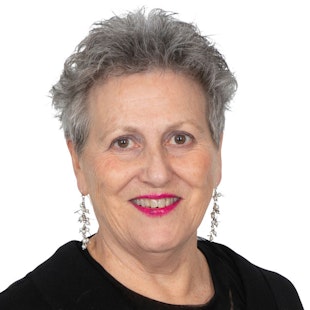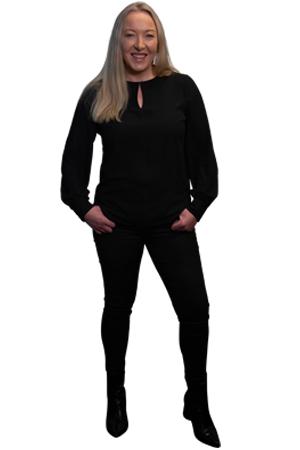
Qualifications
Bachelor of Teaching and Learning – University of Canterbury
PRINCE2® Foundation Certificate in Project Management – AXELOS Global Best Practice
Accreditations – Ministry of Education
- Cultural Capability
- Digital Technologies
Professional profile
Katrina is an experienced educator and lead facilitator with a strong background in fostering collaboration, assessment, learner agency and digital capabilities. She excels at blending theory with practice and creating inclusive learning environments that celebrate achievement for all.
As an innovative and passionate facilitator, Katrina closely collaborates with leadership and professional learning teams to implement blended learning approaches. She leverages creative and inclusive thinking to offer sustainable, future-focused solutions that enhance learning experiences.
Central to Katrina’s practice is the value she places on building relationships, embracing concepts like whanaungatanga and manaakitanga. She demonstrates a deep understanding of educational inequities and proactively addresses them, advocating for equity and supporting those affected.
In her role, Katrina drives transformative professional development and manages complex projects with a creative and agile approach. She integrates universal design for learning (UDL) and Te Tiriti o Waitangi principles to achieve optimal outcomes. Her proactive leadership, implementation of effective facilitation strategies, precise learning design, efficient problem-solving, and impactful communication contribute to securing sustainable outcomes and holistic development strategies for diverse audiences.
Expertise
Katrina has expertise in the following areas:
Digital fluency and digital technologies
Successfully supporting learning communities to:
- self review and evaluate pedagogy, practices, and capabilities to identify and target areas for improvement
- increase student engagement and achievement through the use of digital technologies
- develop digital capabilities of teachers suited to the needs of future-focused teaching practices
- enhance collaboration opportunities in the classroom through use of digital technologies.
Assessment for Learning
Successfully supporting learning communities to:
- strengthen systems and practices in assessment with critical awareness, thinking, and analysis skills, in order to effectively identify and challenge biases and inequities.
- build teacher and student assessment capabilities to develop and grow positive relationships
- report on progress in real time using digital tools to bring to life formative assessment, deepen learning conversations, and make strong connections between teachers, students and whānau
- use assessment principles and practices that best support effective learning and teaching.
Leadership
Successfully supporting learning communities to:
- review Professional Growth Cycles to reflect on and ensure teaching is responsive
- evaluate pedagogy and practices to ensure they reflect future-focused pedagogies and responsive practices
- work with teams of school leaders to gain consensus – building, forming and maintaining positive relationships for a common purpose
- connect school charters and other strategic documentation to ensure a deliberate alignment with key foci of the identified PLD
- develop and model collaborative and inclusive protocols
plan for, implement and embed school and classroom level changes in pedagogy and practice - strategically plan and implement improvement programmes. This includes visioning and co-designing innovative, research-informed solutions focussed on equity.
Literacy and numeracy
Successfully supporting learning communities to:
- gather and analyse data to identify students’ learning needs and develop pathways for action
- use a range of digital technologies to enhance the literacy and numeracy programmes
- increase student engagement and agency through use of digital technologies
- develop modern learning practices in innovative learning environments.
Collaboration
Successfully supporting learning communities to:
- develop a shared vision for teaching and learning, involving whānau, communities, and learners
- transform teaching and learning through the development of collaborative teaching practices
- develop effective systems to support collaboration
Evaluative capability
Successfully supporting learning communities to:
- collect a range of data to inform required PLD and how it aligns to strategic goals, vision, and beliefs
- collect and analyse qualitative and quantitative data about learners from multiple sources
- ensure all participants have a voice and ownership of the process
Conference presentations, keynotes, seminars, workshops
2023-24 “Strengthening Equity in Assessment” , workshops and programmes Kāhui Ako and schools
2019-24 “Real Time Reporting”, workshops and programmes Kāhui Ako and schools
2018-23 “Collaborative Practice”, workshops and programmes for schools
2019/22 Digital Technologies revised curriculum programme Kāhui Ako & schools
2019 “Beyond Code; Integrated Learning Design” uLearn19 workshop presenter
2019 “CORE Ten Trends Showcase” uLearn19 co-presenter with Derek Wenmoth and Tessa Gray
2018 "Empowering whānau and student engagement with Seesaw" uLearn18, workshop presenter.
2018 "Learning across the curriculum with Seesaw" uLearn18, workshop presenter.
2017 "App Smashing and beyond using Seesaw" uLearn17, workshop presenter
2017 "App Smashing Movie Making" uLearn17, workshop presenter
2017 "Effective Literacy and Numeracy", CORE Workshop
2017 "Strategies to Develop Student Agency", CORE Workshop
2016 "Google Apps to Extend Learning" CORE Workshop
2016 "Effective Literacy", CORE Workshop
2016 "Google Apps to support Modern Pedagogy", CORE Workshop
Personal statement
I am passionate about education and the possibilities available in modern learning provided by new technologies. I enjoy working alongside educators to support their development in effectively using digital technologies to support student engagement, success and achievement across the Curriculum.
Finding new and innovative ways to develop highly effective pedagogy is something that excites me. I am particularly interested in how we can adapt assessment practices and the use of digital technologies to empower learners enabling ‘just in time’ assessment that engages, deepens and extends learning conversations.
I am also committed to continuously improving and developing my culturally responsive practice. Ko ahau he ākonga o te reo Māori, I am a learner of te reo Māori.
Nō Murihiku ahau, engari, kei Manakau e noho ana ahau inaianei. I am from Southland but now live in Manakau (North of Ōtaki – Kapiti Coast).
